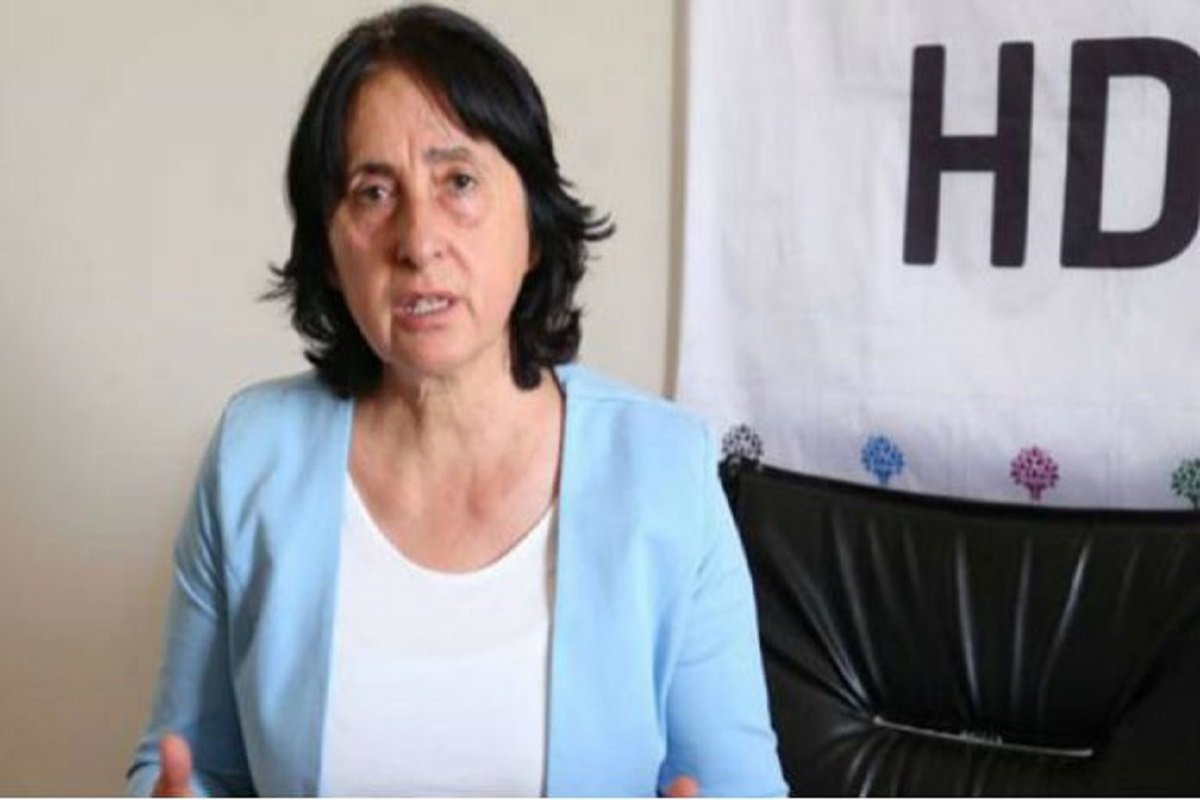A court in southeastern Diyarbakır province on Friday ruled for the release of pro-Kurdish Peoples’ Democratic Party (HDP) deputies Nursel Aydoğan and Meral Danış Beştaş after they were kept behind bars on terrorism charges for months.
The court decided to release deputy Nursel Aydoğan considering the time, 6 months, she spent in jail.
Meral Danış Beştaş, the HDP’s deputy for southern Adana province, was also remanded in custody “being a member of an armed terrorist organization” in January this year. Her arrest was part of a terror probe by Diyarbakır Prosecutor’s Office, which asked for her to be jailed for between eight and 23 years. However, the 8th High Criminal Court in Diyarbakır released Bestas pending trial.
With the release of Aydoğan and Beştaş, the number of HDP deputies who are jailed has fallen to 12 from 14.
Aydoğan was among 10 HDP deputies including the party’s co-chairs who were arrested in police operations on terror charges in early November. Four other HDP deputies were arrested later and brought the number of jailed HDP deputies to 14.
Thirteen HDP lawmakers were arrested last November, 10 of whom, including HDP’s co-leaders Selahattin Demirtaş and Figen Yüksekdağ, remain in custody awaiting trial on alleged terrorism links. The lawmakers are facing prosecution under anti-terrorism law after their parliamentary immunity was lifted with the support of opposition parties including the main opposition Republican People Party (CHP). The government has accused the HDP of being linked to the outlawed Kurdistan Workers’ Party (PKK), which is listed as a terrorist organization by Turkey, the US, and the EU.
Turkey has stepped up its crackdown on Kurdish politicians in recent months. Trustees have been appointed to dozens of municipalities in the country’s predominantly Kurdish Southeast, while hundreds of local Kurdish politicians have been arrested on terror charges. After the release of two HDP deputies on Friday, there are still 12 HDP deputies behind bars. The mass arrests of Kurdish politicians have attracted widespread criticism from the region and Western countries.
April 21, 2107















